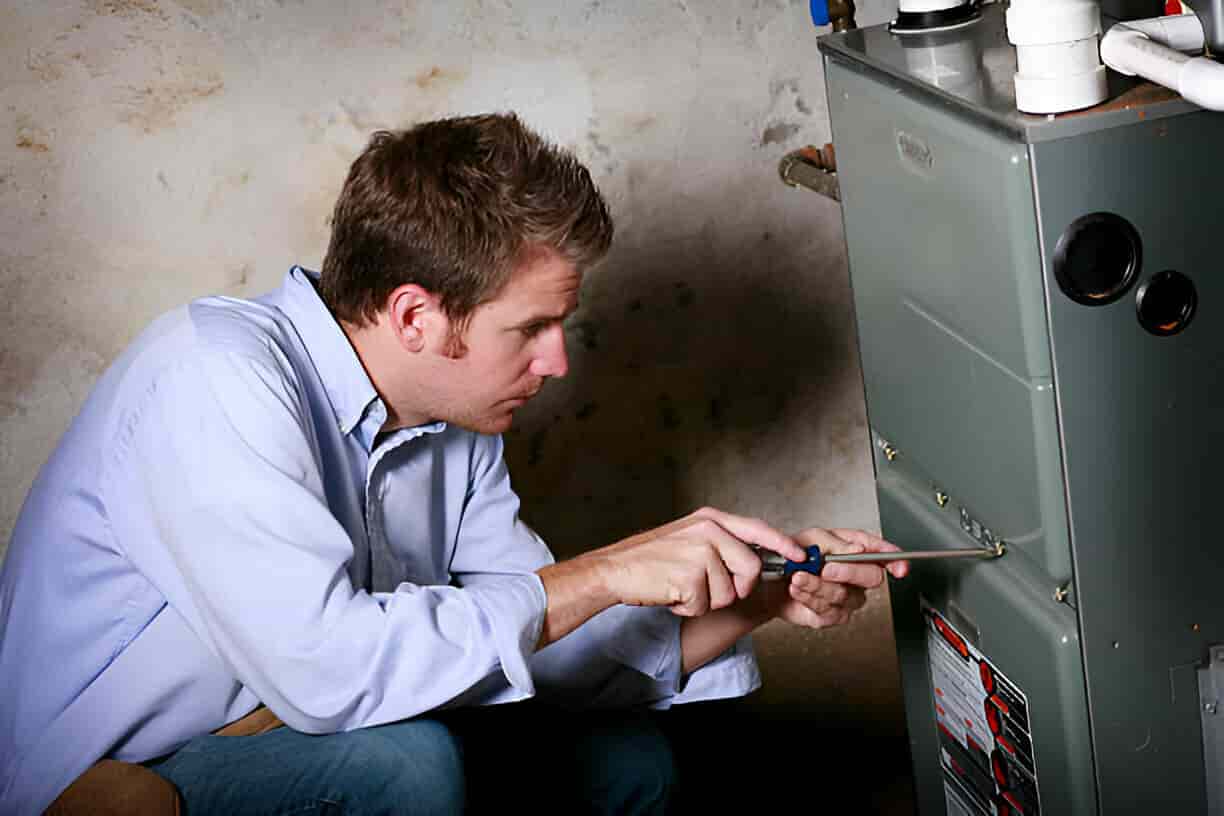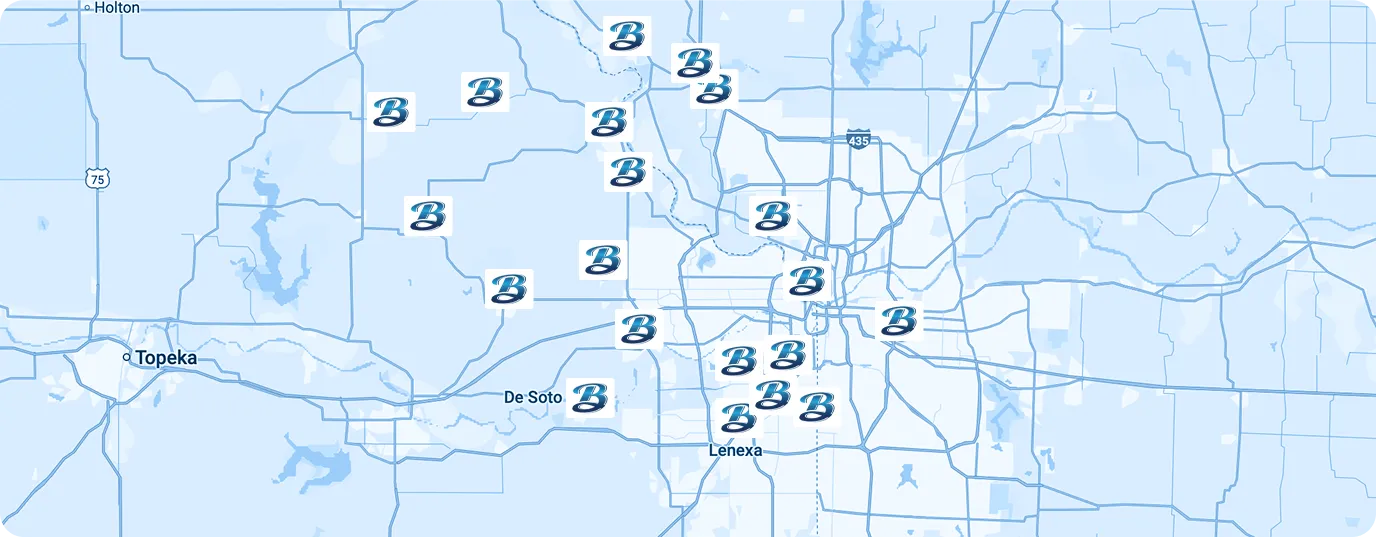Heating Replacement in Tonganoxie, KS
Heating Replacement in Tonganoxie, KS presents a comprehensive guide to evaluating aging systems, selecting appropriate high-efficiency options, and planning a replacement tailored to local climate and home size. The page covers safety and performance criteria, cost comparisons, and potential energy savings, along with removal, disposal, and proper installation steps. It also outlines incentives, financing, and warranty considerations, and emphasizes maintenance to sustain efficiency. Readers gain a clear roadmap to reliable comfort, lower bills, and long-term value for their home.
Heating Replacement in Tonganoxie, KS
Replacing a heating system is one of the most important investments you can make for comfort, safety, and long-term energy savings in your Tonganoxie home. Winters here bring sustained cold and occasional deep freezes, and older or improperly sized equipment struggles to keep pace. This page explains how technicians evaluate aging equipment, the replacement options that make sense for local climate and home types, how costs compare to long-term energy savings, what happens to the old unit, and which incentives, financing, and warranty options are commonly available.
Why replace your heater now
Homes in Tonganoxie face heating demand from late fall through early spring. Older furnaces and heat pumps often show clear signs that replacement is the best course:
- System age over 15 years for furnaces, or over 10-12 years for heat pumps
- Frequent breakdowns and rising repair costs
- Noticeable spikes in monthly heating bills
- Uneven heating or rooms that never reach set temperature
- Yellow combustion flame, soot, or signs of corrosion
- Safety concerns such as cracked heat exchangers or suspected carbon monoxide leaks
When these issues occur, replacement can restore reliable comfort, reduce energy use, and eliminate repeated emergency repairs.
How technicians evaluate aging equipment
A thorough evaluation focuses on safety, performance, and cost-effectiveness:
- Visual inspection for corrosion, leaks, and wear
- Operational testing: start-up cycles, noise, airflow, and thermostat response
- Efficiency estimation: comparing current output to rated AFUE, SEER, or HSPF where available
- Ductwork assessment for leaks, insulation, and sizing problems
- Load calculation (Manual J) to determine the right capacity for your home and Tonganoxie climate
- Fuel source and venting review for gas, propane, oil, or electric systemsThis diagnostic step clarifies whether repair would be temporary and if replacement will yield measurable benefits.
Common replacement options for Tonganoxie homes
Technicians typically recommend systems that fit home size, budget, and local climate needs:
- High-efficiency gas furnaces: Modern condensing furnaces with 95 percent AFUE or better for cold-weather performance and low fuel costs when natural gas is available.
- Electric or hybrid heat pumps: Cold-climate heat pumps now provide efficient heating even during Kansas winters; hybrid systems pair a heat pump with a gas furnace for worst-case cold snaps.
- Ductless mini-splits: Ideal for room additions, finished basements, or homes with limited ductwork, providing zoned comfort and high efficiency.
- Full system replacements: Replacing both the furnace/heat pump and outdated ductwork or controls to maximize efficiency and comfort.
Cost and energy-savings comparisons
Replacement decisions should weigh upfront cost versus lifetime savings:
- Efficiency gains: Replacing a 60 to 70 percent AFUE furnace with a 95 percent AFUE model can often reduce heating fuel use substantially. For very old systems, homeowners commonly see significant reductions in winter heating bills.
- Heat pump advantages: Switching from electric resistance heating to a modern heat pump can reduce electric heating costs by 30 to 50 percent in many cases, though actual savings depend on local electricity and fuel prices.
- Right-sizing matters: Oversized systems cycle frequently and waste energy; undersized units struggle during cold snaps. Proper sizing maximizes performance and comfort.
- Lifetime costs: Consider expected lifespan, maintenance needs, and energy price trends. Higher-efficiency units typically cost more up front but pay back through lower fuel bills and potential incentives.
Estimates for replacement are unique to each home; an accurate Manual J load calculation and system quote will clarify exact payback scenarios.
Removal and disposal of old units
Safe removal follows local regulations and environmental guidelines:
- Disconnect electrical and fuel lines and safely cap or remove gas connections
- Refrigerant recovery by certified technicians when heat pumps or air conditioners are involved, in compliance with EPA rules
- Recycle metal, copper, and electronic components where available
- Proper disposal of oil or propane tanks and handling of combustion byproducts
- Documentation of disposal and any environmental compliance steps
Proper disposal reduces liability, ensures code compliance, and often recovers scrap value for recyclable materials.
Typical installation process
A professional installation sequence reduces surprises and ensures code compliance:
- Pre-install assessment with load calculation and system selection
- Permit pulling and scheduling of inspections required by local codes
- Removal of the old unit and preparation of the installation area, including any needed duct modifications or pad and vent updates
- Installation of the new unit, mounting, refrigerant charging if applicable, and plumbing or gas connections
- Electrical connections and integration with controls or smart thermostats
- Commissioning and performance testing: verifying heat output, airflow, safety features, and efficiency settings
- Walk-through explaining operation, maintenance needs, and warranty paperwork
A careful commissioning step ensures the system operates as intended in Tonganoxie conditions.
Incentives, financing, and warranty options
Several support options can make high-efficiency replacements more affordable:
- Federal tax credits: Eligible high-efficiency heat pumps and furnaces may qualify for federal energy tax credits; documentation and equipment specifications determine eligibility.
- Local utility rebates: Many utilities and state programs offer rebates for qualifying systems or duct sealing and insulation upgrades. Check available local programs for details.
- Financing options: Typical choices include manufacturer financing, home improvement loans, HELOCs, and energy efficiency loan programs that spread the cost over time. Project qualification varies.
- Warranties: New equipment usually carries a manufacturer parts warranty and optional extended labor warranties. Transferable warranties can increase home resale value. Understand what is covered, warranty length, and maintenance requirements to keep warranties valid.
Documenting incentives and warranty registration at installation ensures homeowners receive all available benefits.
Maintenance and long-term benefits
Replacing your heating system is only part of the equation. Routine maintenance preserves efficiency and extends life:
- Annual tune-ups for combustion systems and heat pumps
- Regular filter changes and checks on airflow
- Duct inspections and sealing every few years
- Thermostat calibration and programming for optimized schedules
Benefits of timely replacement include improved indoor comfort, better humidity control, quieter operation, lower energy bills, and increased safety for homes in Tonganoxie.
Replacing a failing heating system is a technical decision with lasting impact on comfort and operating costs. With a clear evaluation, proper sizing, and attention to disposal, installation, incentives, and warranty coverage, homeowners can choose a reliable solution tailored to Tonganoxie climate and home needs.









